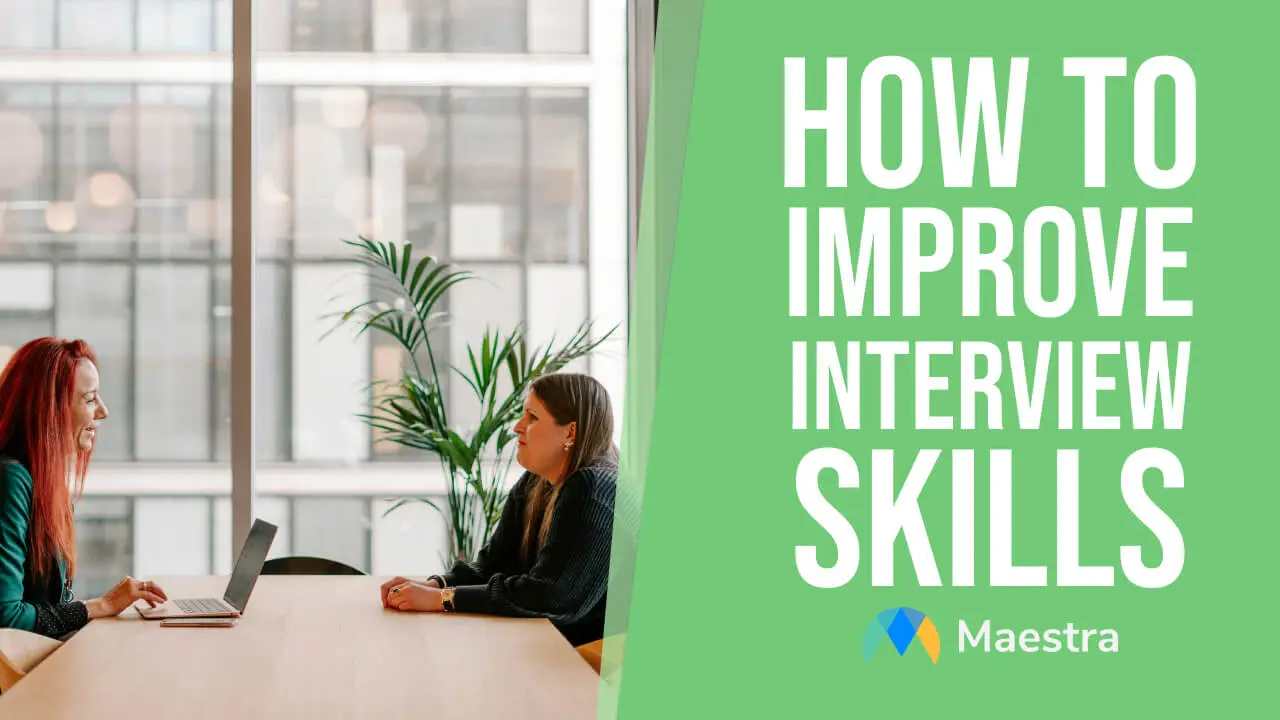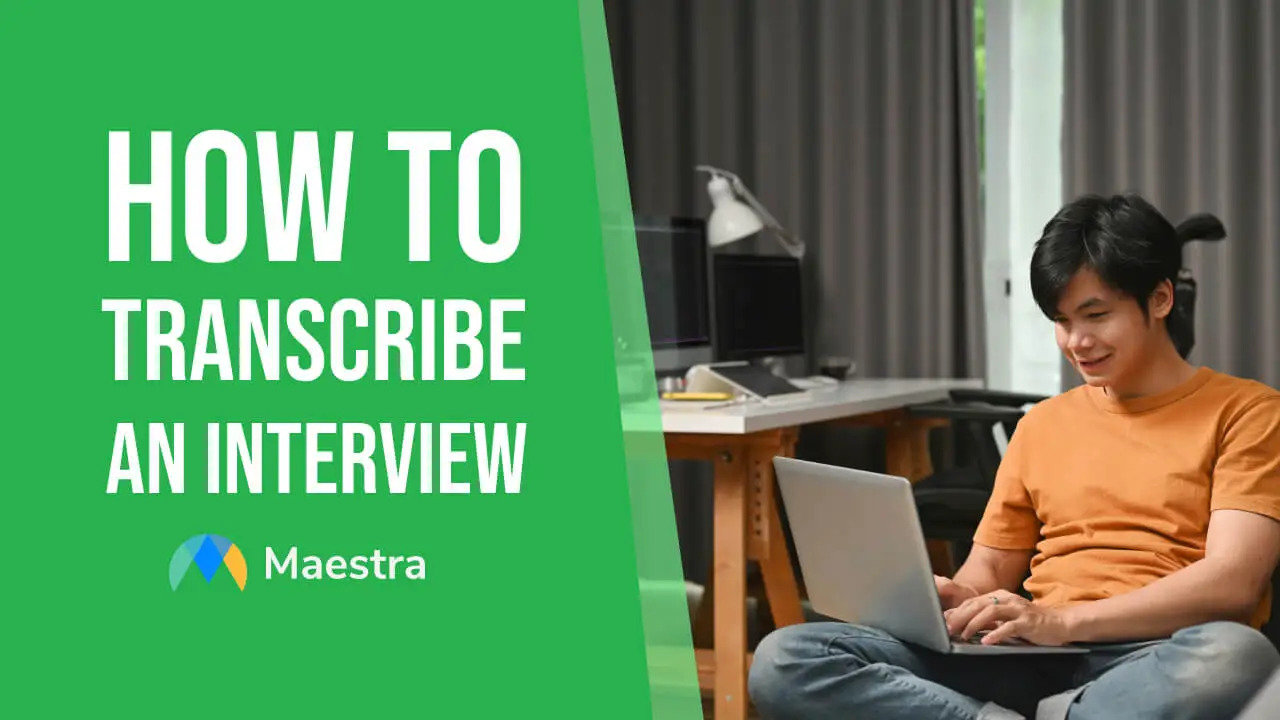What is a Mock Interview? (With 25 Sample Questions)
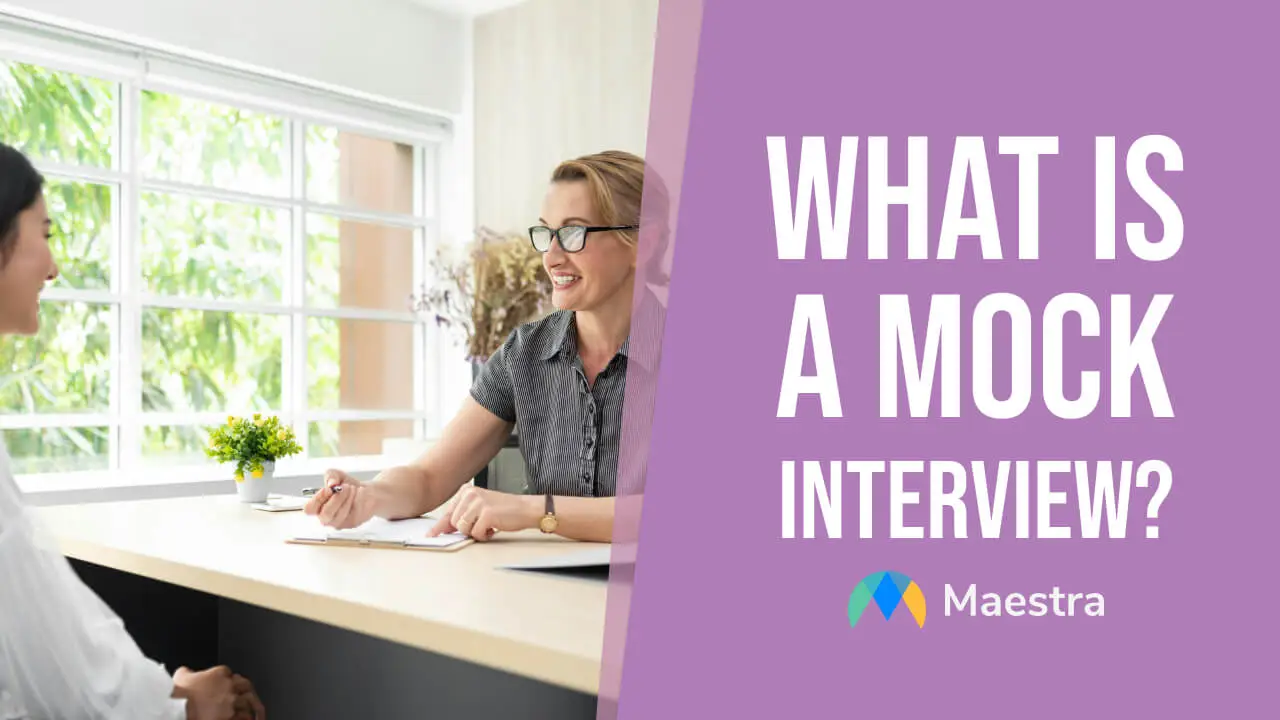
Did you know that mock interviews are more than just a practice session for the actual interview? There is more to mock interviews than just rehearsing what to say. They are not just a simple occasion to study your answers but also an opportunity to equip yourself with the necessary skills. So in this blog post, we will dive deep into what is a mock interview and explain everything you should know.
What is a Mock Interview?
Mock interviews are practice sessions that mimic the real interview process. They provide huge benefits to candidates because mock interviews prepare them for the actual interview by enabling them to work on how to answer questions and improve their articulation.

Mock interviews can be conducted by HR professionals, career coaches, mentors, or even friends who can evaluate others and job requirements.
Best Practices for Mock Interviews: How to Practice
Before you participate in a mock interview, you need to make sure that you are actually prepared for an interview. You should have a specific goal in mind such as improving a specific skill. Here is how to prepare for and do mock interviews in detail:
1. Do Research on the Role and the Company
Doing research is crucial for gathering information about the role you’ve applied for. You need to make sure that you have a deep understanding of the job description, company culture, and industry standards.

Once you’ve gathered enough information, you will be able to analyze and understand what is expected from you as a candidate. This will allow you to anticipate the types of questions you will be asked and be well-prepared.
2. Find an Interviewer
To practice for a job interview, you need to find someone to conduct the mock interview. The interviewer should be able to provide constructive feedback for the mock interview to be beneficial.

Along with industry professionals and career coaches, online platforms can help you with mock interviews too. Since job interviews are an important reality in today’s world, websites like InterviewBuddy are providing mock interview services.
3. Treat the Mock Interview As If It Were the Actual Interview
The setting of your mock interview directly impacts the effectiveness of your practice session. You should create a professional setting to simulate a real job interview as accurately as possible; therefore, you need to put in the extra effort.
- Limit distractions and find a quiet place to participate in the mock interview if it is online.
- Dress how you would dress for the actual interview.
- Use your body language.
- Use a formal tone.
- Maintain eye contact.
- Make sure you have a clean background and your equipment works (for online meetings).
- Take the questions seriously and answer them thoughtfully.
4. Record and Transcribe the Practice Session
Whether it is a virtual mock interview or in person, you should transcribe it to be able to review your performance. You can record your online meetings and then turn the video into text, or you can use a free live transcription tool to generate transcripts.
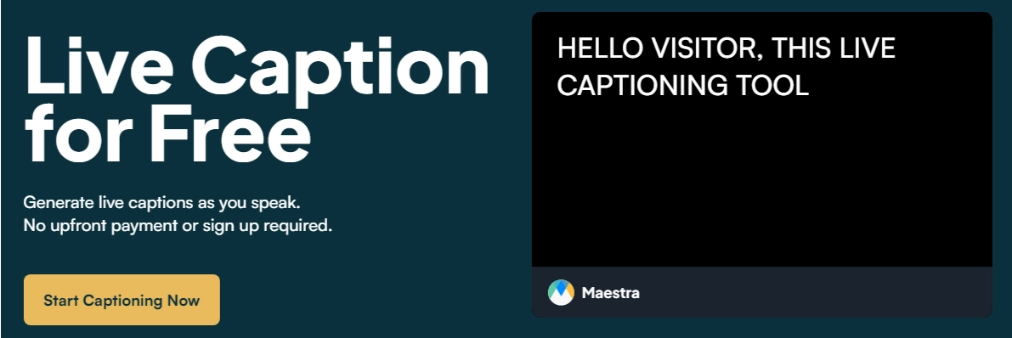
Having a written record of what you’ve said enables you to assess your answers to interview questions and see any areas that need improvement. In order to make sure that your judgment is right, you should use a reliable tool with unmatched accuracy such as Maestra.
Evaluate Your Mock Interview Performance with Maestra
5. Ask for Feedback
Don’t forget to seek detailed feedback from the interviewer. Getting specific feedback to improve your interview skills is the whole point of mock interviews.

Make sure that you receive feedback on your communication skills such as your tone and clarity, the relevance of your answers, and your body language.
6. Focus on the Areas That Need Improvement
Identify the areas for improvement according to the transcriptions of your mock interviews and the feedback you’ve received from the interviewer. Make those areas your priority while preparing for the interview and track your progress with multiple mock interview sessions.
7. Do It Again!
The more practice you have, the better you’ll get. Participating in a mock interview is not a one-time only occasion. Every time you can change the setting or focus on different areas.
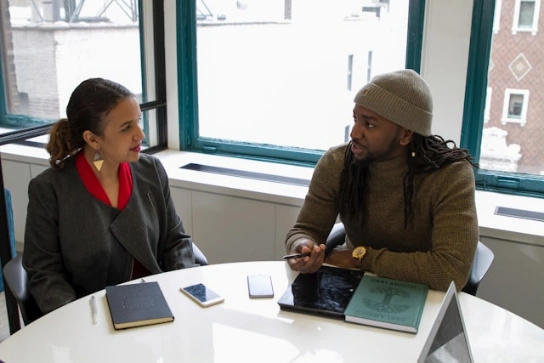
Repetition builds confidence and reinforces your skills. You can use your mock interview transcriptions and compare them to see your progress and ask for detailed feedback from your interviewer every time.
If you have the chance, doing mock interviews with multiple people can provide wonderful benefits such as introducing diverse perspectives to you. With each new interviewer, you will come across different questions and practice thinking on your feet.
Why You Should Practice with Mock Interviews
The importance of mock interviews while preparing for a job interview is undeniable. They boost confidence, improve your communication skills, and help you identify your weaknesses.
By participating in mock interviews, you customize your preparation process. While there are certain tips every candidate who is going to participate in a job interview can benefit from, having practice sessions and tailoring your practice process ensures success.
25 Commonly Asked Interview Questions
Even though you participate in mock interviews, there isn't an end to the possible questions an interviewer might ask you. Research what commonly asked interview questions are and practice answering them.

If you need to work on how to answer questions in an interview, here are the most common interview questions for you to practice.
- Tell me about yourself.
- Can you walk me through your resume?
- What are your career aspirations?
- What are you looking for in your next job?
- How did you hear about this position?
- Why do you want to work for this company?
- What do you know about the company?
- What can you bring to the company?
- Why should we hire you?
- Explain why your background and experience would be a good fit for this job.
- Are you willing to relocate?
- Where do you see yourself in five years?
- What are your strengths?
- What are your weaknesses?
- What motivates you?
- Do you prefer working independently or on a team?
- What are your interests outside of work?
- What is a challenge you’ve faced at work and how did you deal with it?
- Tell me about a time when you disagreed with a decision that was made at work.
- Why did you leave your previous job?
- What type of work environment do you prefer?
- What is your salary expectation?
- How do you deal with stressful situations?
- Do you have any questions for us?
- When can you start?
Familiarize yourself with these basic interview questions to boost your confidence and refine your communication skills to be a more compelling and competent candidate during the actual interview.
Frequently Asked Questions
What do you say in a mock interview?
You should act as if the mock interview is the real one. So first of all, greet the interviewer professionally and then respond to their questions clearly. If you’ve prepared structured answers to the most common interview questions, this will be easy for you.
After the interviewer finishes their questions, ask them the questions you have regarding the job and the company. To be able to ask thoughtful questions, make sure that you’ve done your research before the interview. Lastly, thank the interviewer in a positive and confident manner.
What is the difference between mock interview and real interview?
The most important differences between a mock interview and an actual job interview are the purpose of the meeting, the interviewer, and the level of flexibility.
A real interview is conducted to evaluate candidates for a specific job position while mock interviews are to practice and prepare for the actual job interviews.
A mock interview can be conducted by a friend, mentor, career counselor, coach, or a professional from the industry, but real interviews are conducted by a recruiter, hiring manager, or a representative of the company.
There isn’t an end to mock interviews. You can participate in multiple practice sessions to improve your performance. However, real interviews are one-time chances.
What happens after mock interview?
After a mock interview, your interviewer provides feedback regarding the quality of your answers and your communication skills. You can also evaluate yourself if you’ve recorded the mock interview or generated a transcript using Maestra.
Then you should focus on the areas you should work on and repeat mock interviews till you are ready to ace your job interview.
